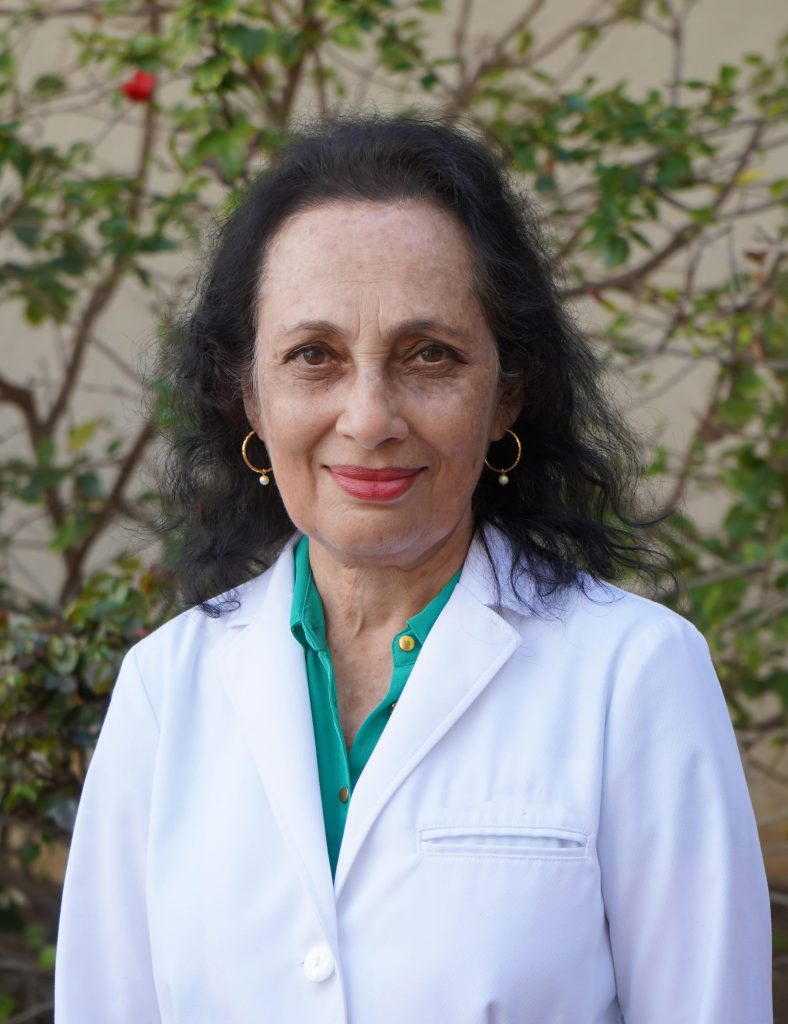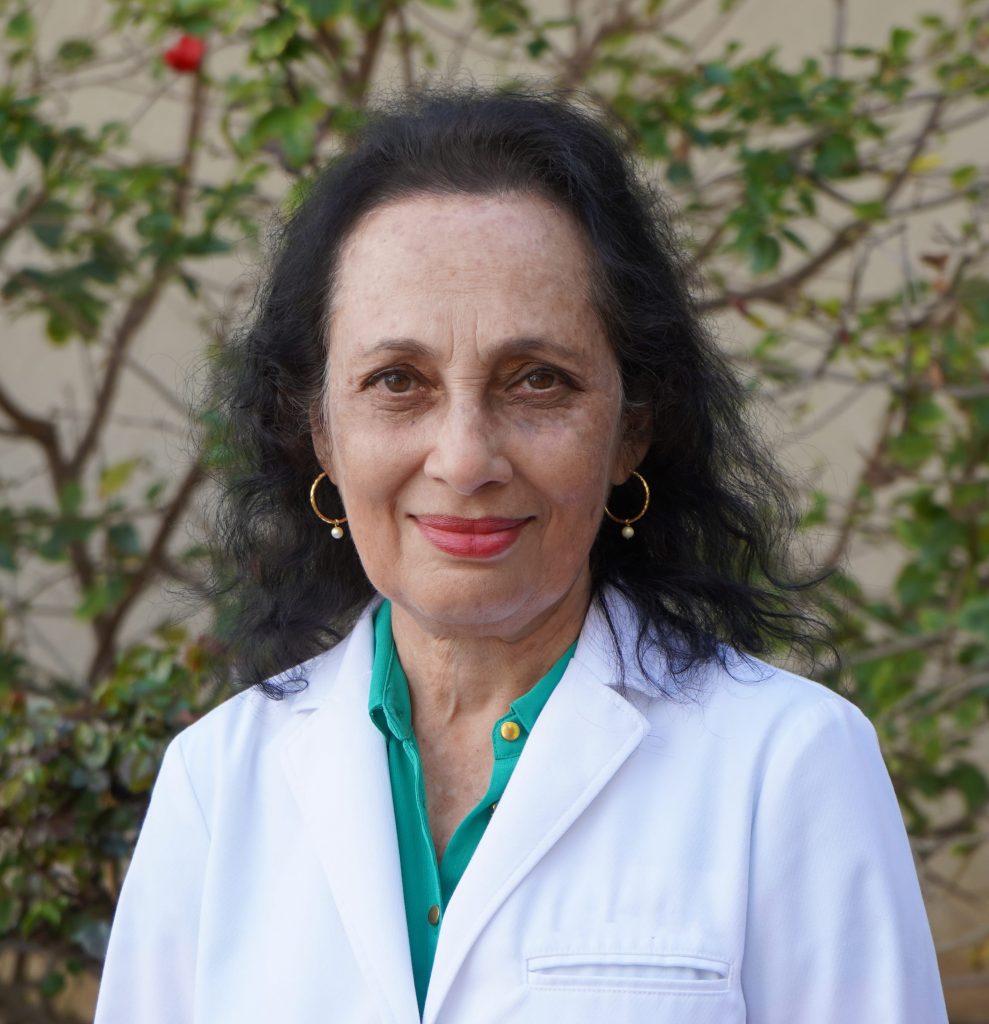Dr. Kusum Bhat is a certified Biofeedback specialist with a doctorate in clinical psychology specializing in behavioral modification.
She has previously interned at the Children’s Hospital in Oakland, Battered Women’s Alternative, Hume Center in Concord, and the Contra Costa County Hospital Psychiatric Emergency Service.
Dr. Bhat also worked as a mental health specialist at the Contra Costa County Hospital in Martinez, California.
She is currently the Concord Weight Loss Clinic’s clinical director and a professor at Saybrook University, San Francisco, for doctorate students.
Dr. Kusum Bhat has unique expertise in behavioral medicine and how behavioral factors affect weight gain. Her doctoral dissertation was on The Role of Biofeedback Assisted Anger Control in Reversing Heart Disease. Moreover, she has also taught at the University of California, Berkeley. She has held workshops worldwide on Heart and Anger Control, Emotional Intelligence by Self-disclosure, and New Science of Slimming.




Dr. Kusum Bhat is a certified Biofeedback specialist with a doctorate in clinical psychology specializing in behavioral modification.
She has previously interned at the Children’s Hospital in Oakland, Battered Women’s Alternative, Hume Center in Concord, and the Contra Costa County Hospital Psychiatric Emergency Service.
Dr. Bhat also worked as a mental health specialist at the Contra Costa County Hospital in Martinez, California.
She is currently the Concord Weight Loss Clinic’s clinical director and a professor at the Saybrook University, San Francisco, for doctorate students.
Dr. Kusum Bhat has unique expertise in behavioral medicine and how behavioral factors affect weight gain. Her doctoral dissertation was on The Role of Biofeedback Assisted Anger Control in Reversing Heart Disease. Moreover, she has also taught at the University of California, Berkeley. She has held workshops worldwide on Heart and Anger Control, Emotional Intelligence by Self-disclosure, and New Science of Slimming.
Kusum Bhat, Phd
Obesity
To diagnose obesity, your doctor will typically perform a physical exam and recommend some tests.
These exams and tests generally include:
Taking your health history. Your doctor may review your weight history, weight-loss efforts, physical activity and exercise habits, eating patterns and appetite control, what other conditions you’ve had, medications, stress levels, and other issues about your health. Your doctor may also review your family’s health history to see if you may be predisposed to certain conditions.
A general physical exam. This includes measuring your height; checking vital signs, such as heart rate, blood pressure and temperature; listening to your heart and lungs; and examining your abdomen.
Calculating your BMI. Your doctor will check your body mass index (BMI). A BMI of 30 or higher is considered obesity. Numbers higher than 30 increase health risks even more. Your BMI should be checked at least once a year because it can help determine your overall health risks and what treatments may be appropriate.
Measuring your waist circumference. Fat stored around the waist, sometimes called visceral fat or abdominal fat, may further increase the risk of heart disease and diabetes. Women with a waist measurement (circumference) of more than 35 inches (89 centimeters) and men with a waist measurement of more than 40 inches (102 centimeters) may have more health risks than do people with smaller waist measurements. Like the BMI measurement, waist circumference should be checked at least once a year.
Checking for other health problems. If you have known health problems, your doctor will evaluate them. Your doctor will also check for other possible health problems, such as high blood pressure, high cholesterol, underactive thyroid, liver problems and diabetes.
